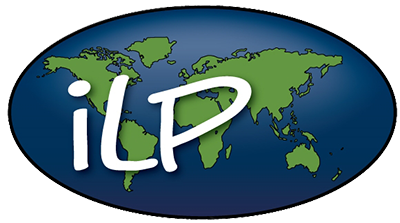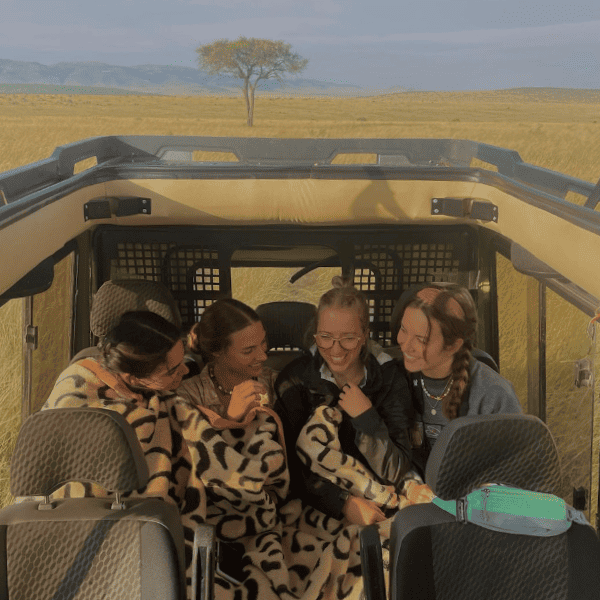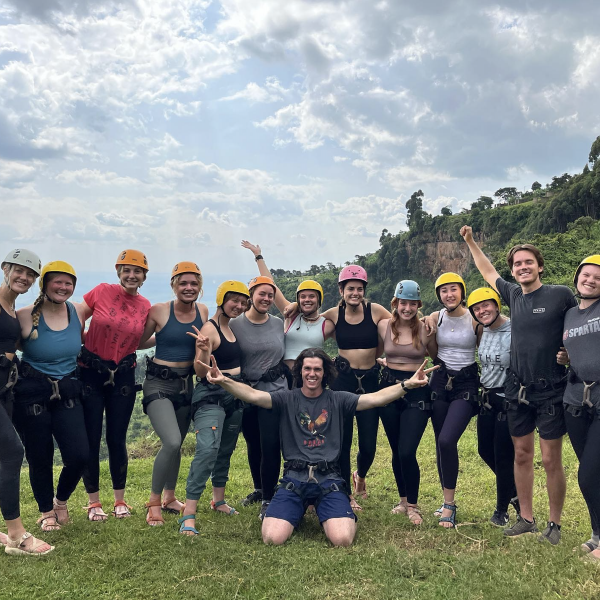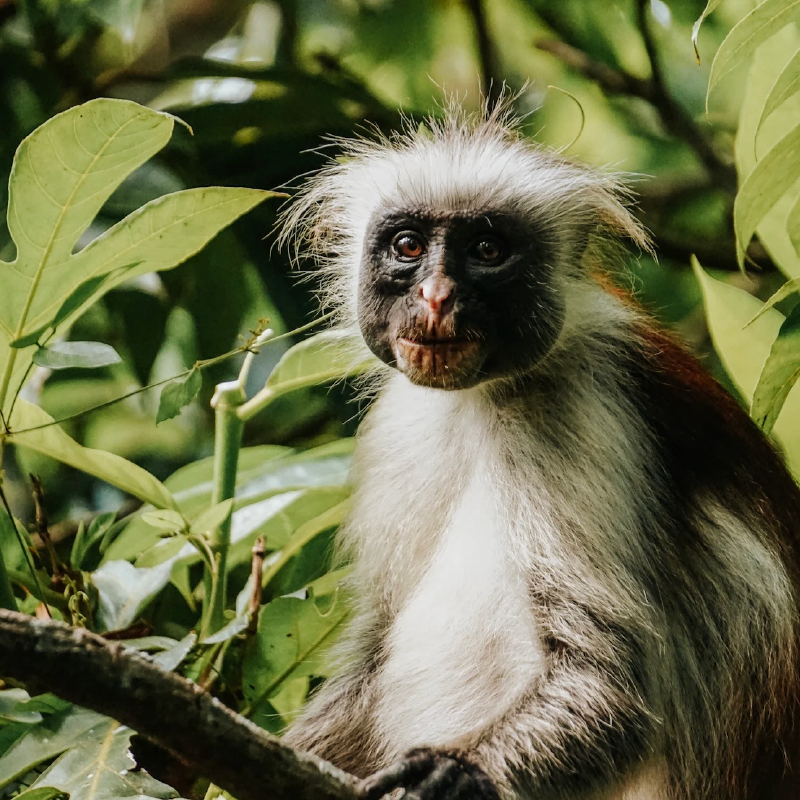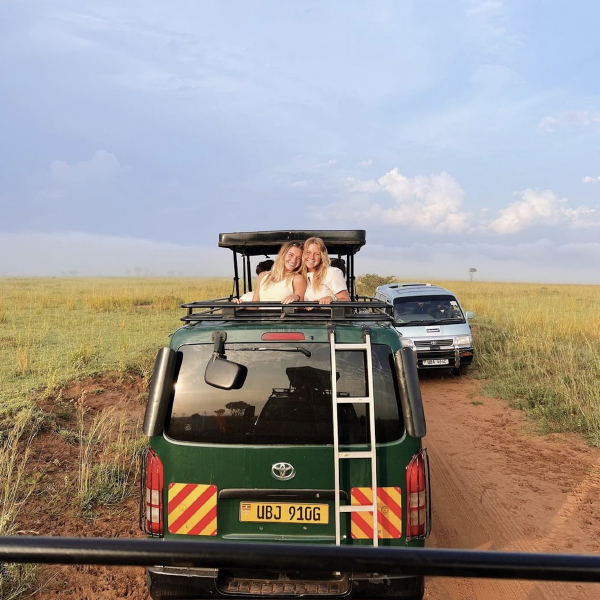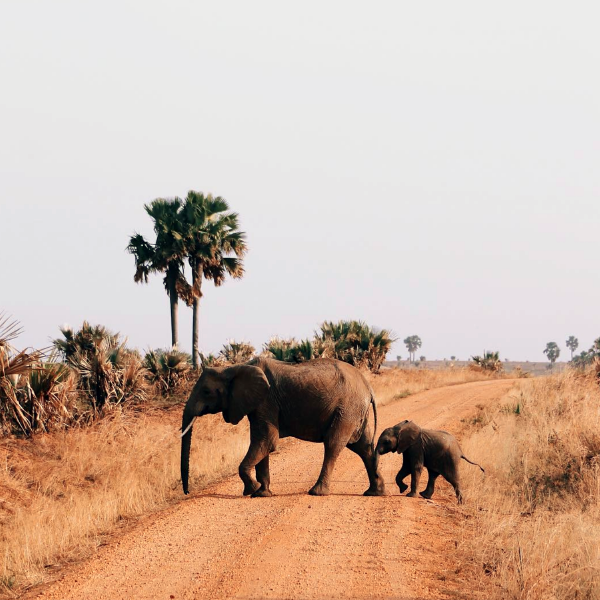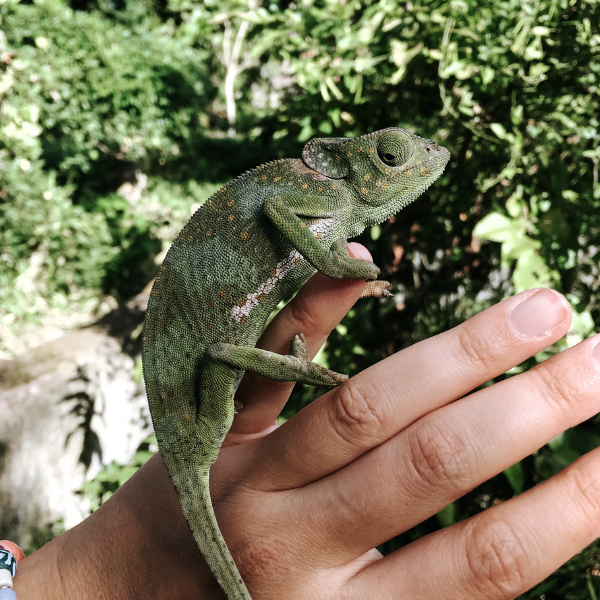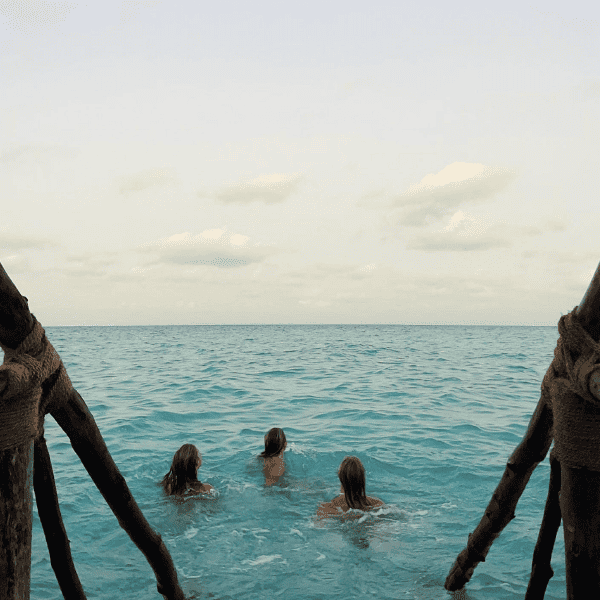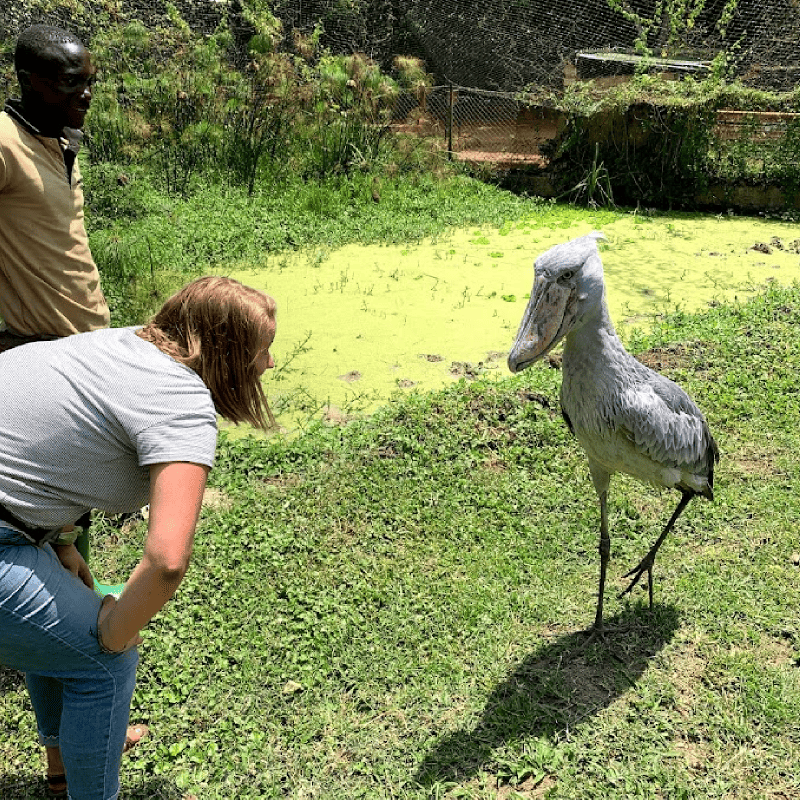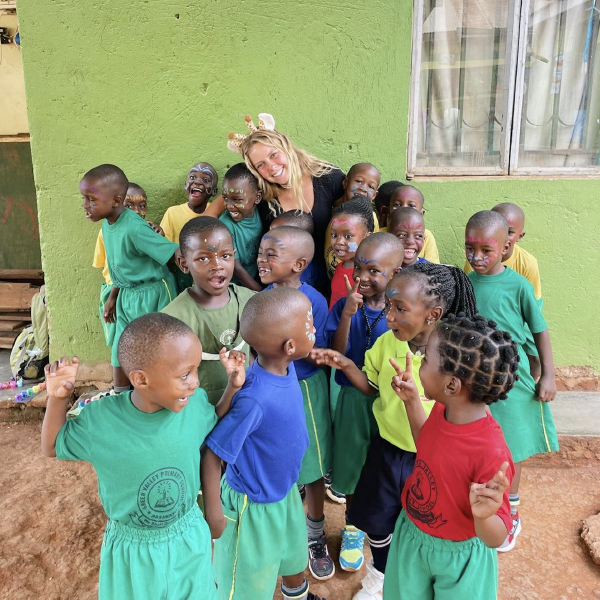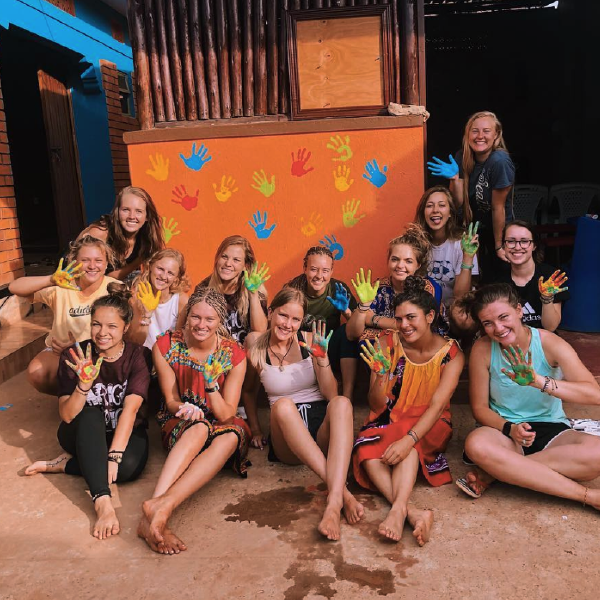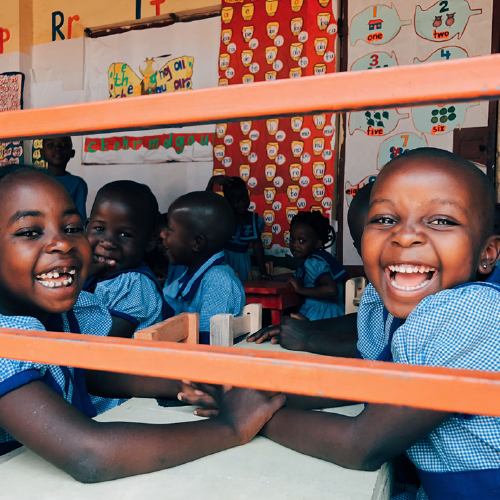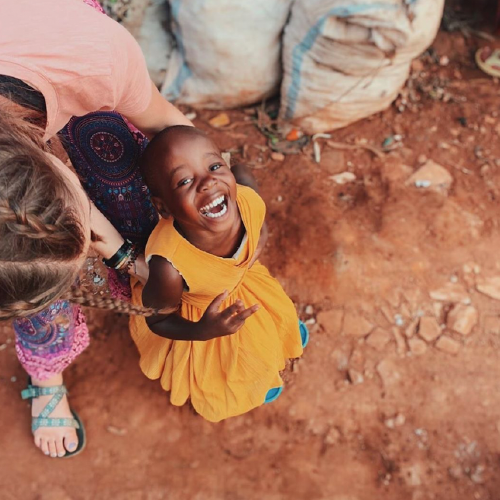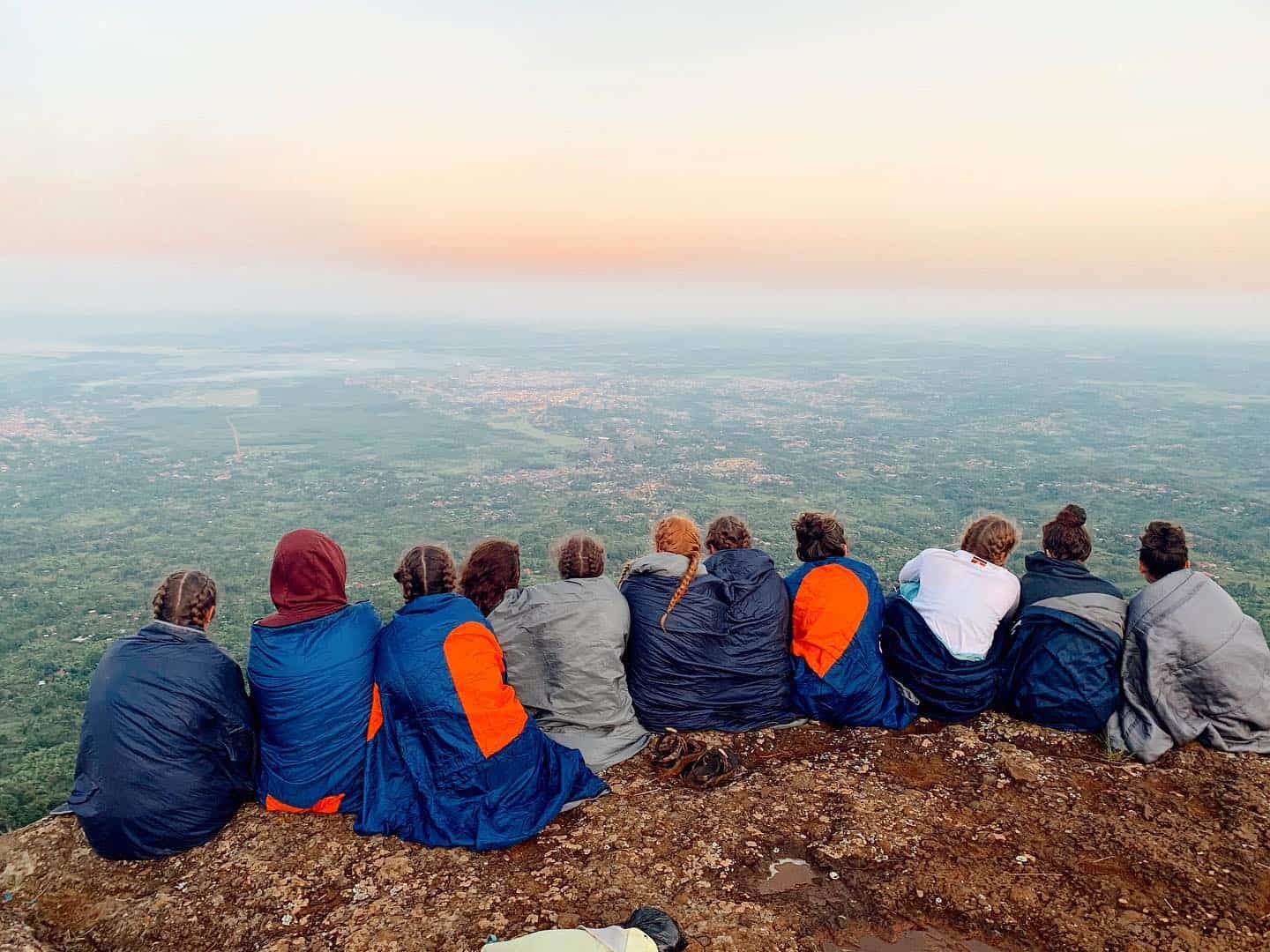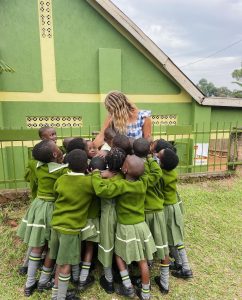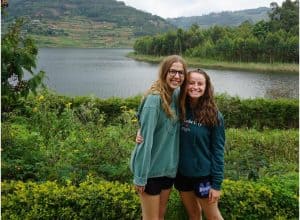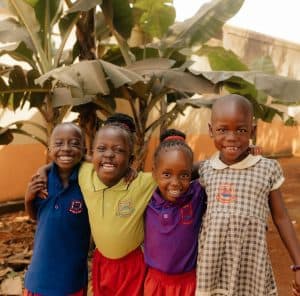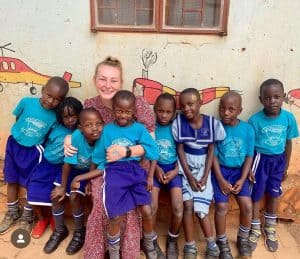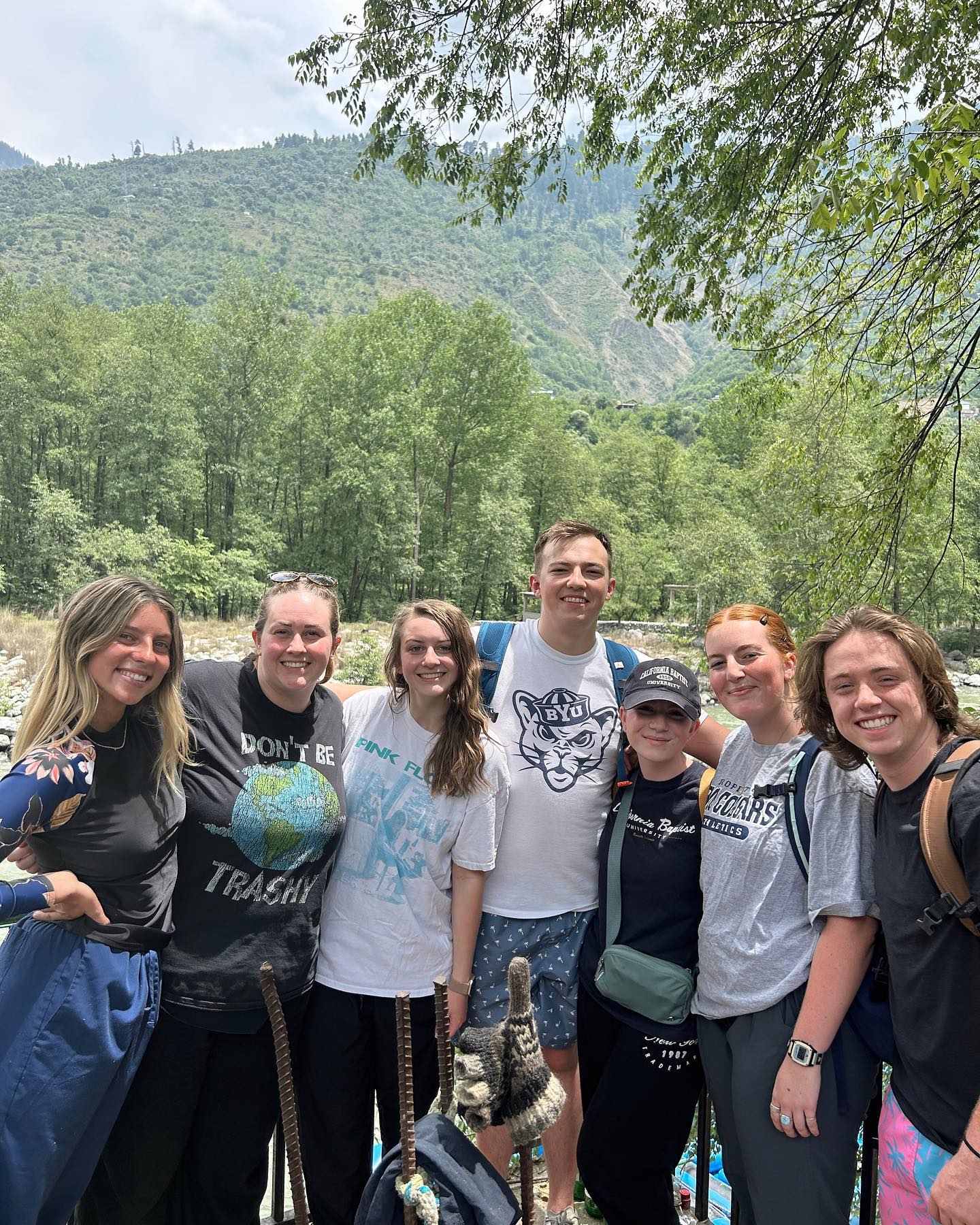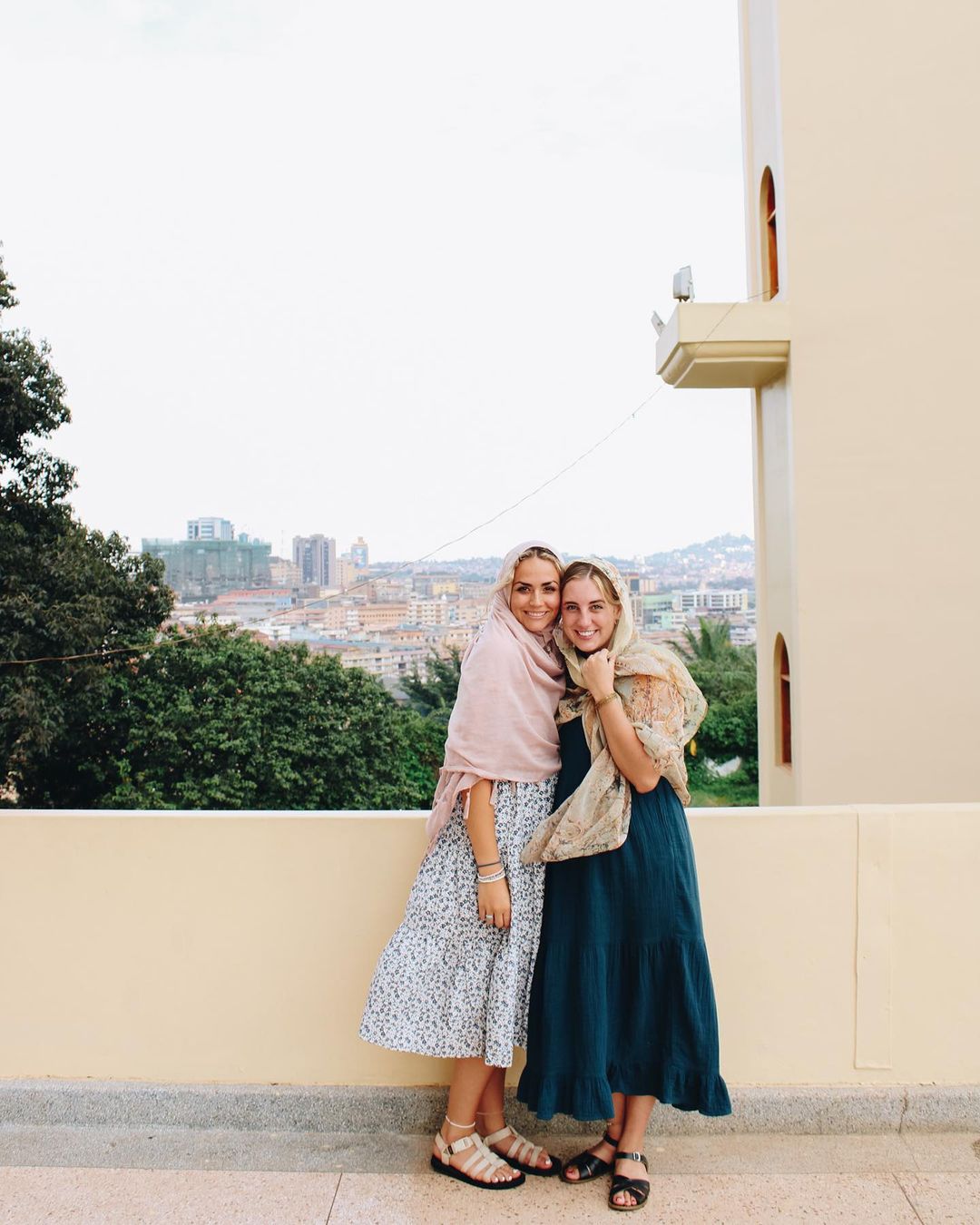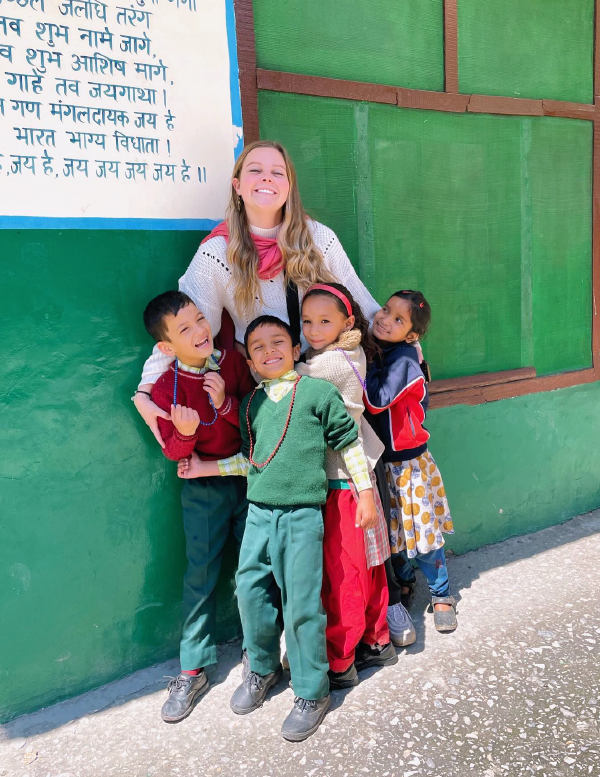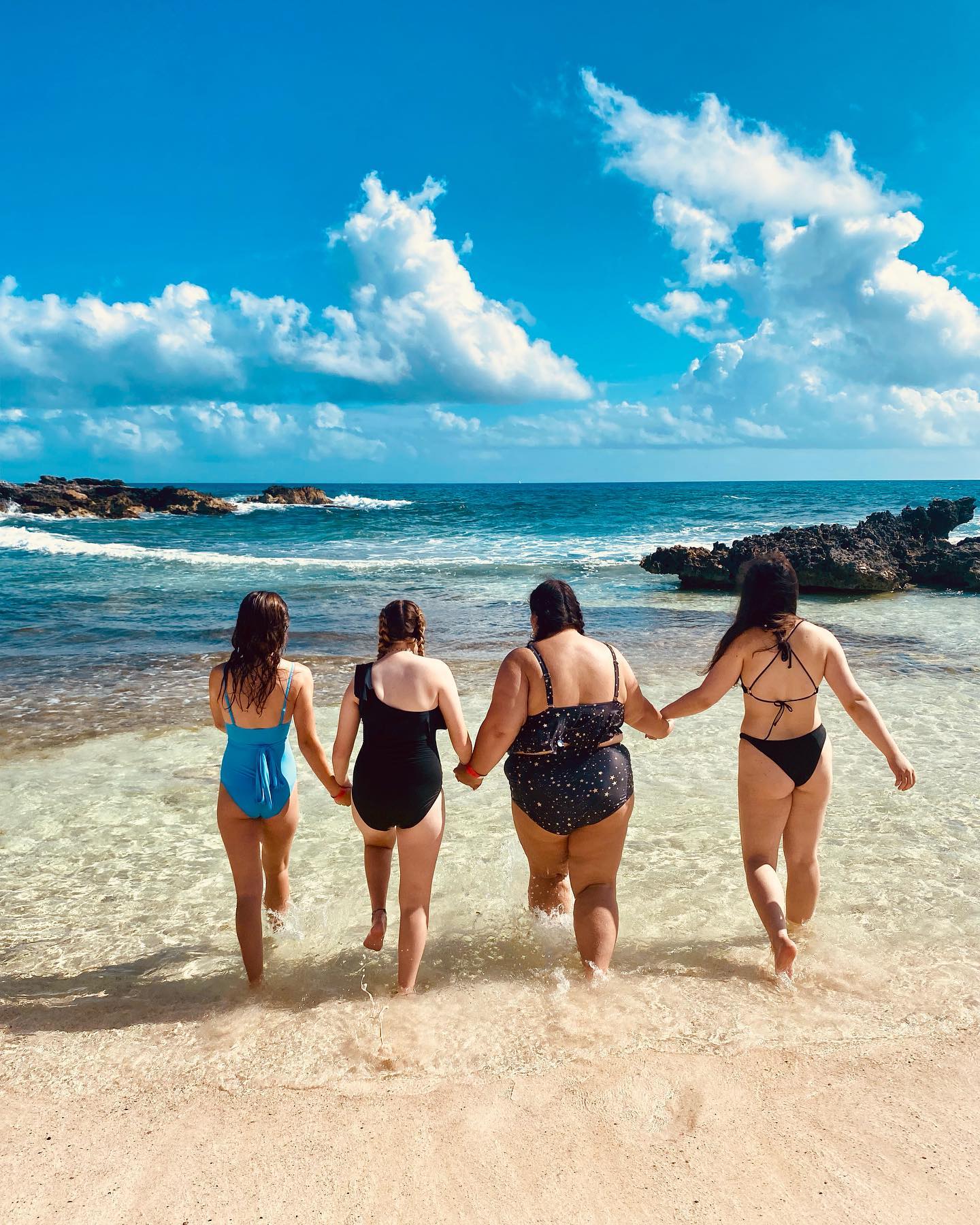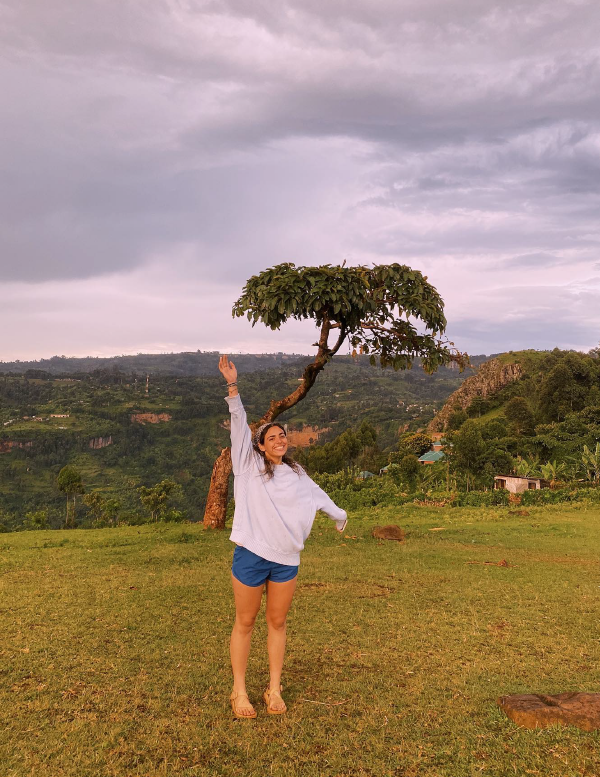Volunteer In Africa
Big Adventure
Teach English
Safari
Build A Spring
Community Support
Trip Highlights
Departure + Return
There are 3 groups each year with dates that follow pretty closely to what a university semester looks like.
Spring
Depart late January/mid February – return late April/mid May
Summer
Depart early May/early June – return early/mid August
For volunteers who are in school, summer trips here work with most university schedules — depart after your spring finals and be back home before classes start up again in the fall.
Fall
Depart early/late September – return late November/mid December (just in time for Christmas at home)
Costs
The program fee for this Humanitarian trip is $5,470 which includes:
✔️ Roundtrip international airfare to Uganda from the U.S. departure airport
✔️ Visa (if required)
✔️ In-country airport pick-up and drop-off with your group
✔️ Housing
✔️ WiFi
✔️ Three at-home meals/day (breakfast, lunch, and dinner)
✔️ Pre-departure + in-country training
✔️ Local support
✔️ 24/7 emergency assist line from ILP headquarters
✔️ International SOS membership
✔️ Hands-on education
✔️ Meaningful service opps
Additional items (like your passport and travel to and from the U.S. group departure airport) and in-country costs (like vacations, shopping, and activities) are not included. See a more detailed list here. Most volunteers tell us that $2,500 is a good amount to make the most of your semester in Uganda. We’ve seen volunteers spend anywhere from $1,500-4,000 here, so it does depend on your spending habits and which vacations you plan.
We have custom monthly payment plans to help you make it work. That can be especially helpful if you’re saving up little by little, by working or doing fundraising.
An ILP Humanitarian Trip
This type of trip means that the kids you are working with come from very limited means and would not otherwise be able to afford this extra support and education provided to them.
The time you spend volunteering in this program is a free gift to the kids and they do not pay a fee to attend our English classes. Thank you for wanting to help our sweet kiddos in Uganda! Keep reading below for more details on how you are needed here.
Is Uganda right for me?
Each location is unique and therefore has its pros and cons. What falls into those two categories will really depend on the person you talk to, but we’ve put together common complaints we hear most about volunteering here. Knowing the typical pain points that just come along with the experience will help as you consider which country is best for you.
- Volunteers in Uganda need to be respectful of the modest and conservative culture by dressing in loose clothes that keep you covered (and cool in this humid climate).
- Traveling around the country is time consuming and can be uncomfortable, with long drives in a hot van over muddy roads to get to safari spots and lakeside getaways.
- You’re living in a local neighborhood, where poverty is apparent and sanitation standards are different. It’s something that can be difficult to get used to. There is trash in the street and it’s common for people to come up and ask for money, supplies, food, and other materials.
- Additional medical preventative measures are needed prior, during, and after the semester. Volunteers take malaria medication daily and receive the Yellow Fever vaccination before arriving.
- Uganda has some stricter safety rules. For some excursions out of the house, you may need to take a member of the staff or one of the live-in security watchmen.
About Your Group
This program has about 15-20+ volunteers in a group which means you’ve got lots of new travel buddies! There is a lot of interest from local families who want their kids to attend ILP classes which means we always have an opportunity to grow and expand. We want to help as many children as possible in Uganda and are always looking for more volunteers to help make that happen in this particular location.
Our Ugandan program is the best fit for:
- Single females/males and married couples
- 18-about 25ish years old
- Volunteers from the U.S. and Canada
- No experience needed!
About Your Town
You’ll be living in a quieter, poorer suburb just outside of the busier capital, Kampala.
Lugala is small — a collection of a few storefronts, dirt roads with no sidewalk, and a portion of the population earning less than $1 a day. We love this neighborhood for many reasons you’ll quickly see yourself, but one huge reason is the people here. The neighborhood couldn’t be friendlier! Local kids run up to say “hi” and walk with you whenever they see you. You’ll quickly get to know your neighbors who love waving as you pass, and invite you to come play a game of soccer in the street. It feels like one big community that you’re instantly a part of, which adds so much to your experience.
That welcoming community will quickly influence your semester, even when you’re just hanging out at home. You’re living with your whole ILP group, but here, you’ll also get very close to the local staff members who help keep your home safe and secure, and make sure everything is working as it should. Plan on group game nights, movie nights, and dance parties with everyone in your ILP group … along with your security watchmen, cook, and other members of our in-country team. This big, family-like experience is a very unique part of this program. Many alumni say that their Ugandan family is the highlight of their entire semester.
Living here provides the opportunity to really connect with the neighborhood you’re teaching in, as well as the chance to build close relationships outside of teaching.
Glimpse A Day In Uganda
Wake up to life in Africa! Most days the roosters in the street serve as your alarm clock. Your whole ILP group lives in a gated, secure home with a dirt courtyard between several buildings full of bunk beds and a bathroom in each.
You share a one-bedroom building with 3-4 other volunteers, but all 15-20+ members of your ILP group are right next door. A few others live inside the courtyard, too. Your cook and the live-in security watchman are always close by. Since you all live together, it’s very a group-centric semester. It really feels like a mini-community. Alumni talk about how the local staff were such a highlight of their experience. It’s really a unique element that you only get in the Ugandan program. Your home is pretty basic compared to what you are used to, but all of your needs are met. Unlike so many of your neighbors, you have running water for your showers and filtered drinking water. Plus, you have other perks like WiFi and electricity.
It’s time for a quick breakfast (fresh fruit and pancakes today) before walking to school with some members of your group. Bring good walking shoes that can handle long walks on dusty, red dirt roads. That red dirt turns straight to mud when it rains (gotta love life in this tropical country, right?). You get to your school in time to play tag with a few of the kids before teaching, which gets muddy but you can’t say “no” to some pre-class fun. Classes go well — though never perfectly — and you finish up right before 1:00 PM. Time to walk back to your home base for lunch (yum).
Meals are provided by a cook who likes to serve African dishes with an American twist. Not sure what that means? Plan on lots of African starches like mashed pumpkin, plantains, and beans, with favorites from home like french fries and bread, too. Tilapia and pork are popular proteins, however, sometimes your cook dishes up lasagna and pasta, just for his “American teachers”.
One big perk of volunteering in Uganda is the language. Uganda has several main languages, one of which is English. English is used to unify over 100 local languages that are spoken in this country! Handy for you, because you’ll be able to immediately connect with your neighbors without a language barrier in the way.
Since you’re only teaching English part of the day, you probably have more free time than you were expecting. In your free time, go swap stories with your go-to fruit vendor or grab your speakers and have a little dance party with the neighbor kids hanging outside of your house.
Volunteers here can also join in on a few service opportunities in your community. Your new home is full of happy people in a poor neighborhood. There is trash in the streets, poor sanitation, and a drastic lack of basic necessities like accessible fresh water for most of the locals. Experiencing all of this firsthand often provides even more motivation for volunteers to give back during their semester. For those looking to help their community by not only teaching English, there are multiple ways to help. In fact, you’ll get to do service projects here that just aren’t available in other ILP programs. Uganda is a number one pick for someone really looking to give back. Help build a fresh water spring for your community or get involved with other health and hygiene projects. During the week, make the short drive to visit a rest home for mentally challenged adults and the orphanage for abandoned toddlers. These are both places where volunteers spend some of their free time serving.
At night, you’re glad you packed up a little battery-powered fan to keep you cool in your A/C-free home. Before drifting off to sleep, you realize you’ve gotten quite used to adjusting to life without a few things you didn’t think you could live without. We have a feeling volunteering in Uganda will mean coming home with a greater appreciation of what life is really about.
The Backstory Of This Program
We were dreaming about expanding ILP into new corners of the world and when we asked our Instagram community where they hoped our next program would be, so many said, “Africa!” And we agreed. A quick vacation to just about anywhere in Africa (coming from North America) can be expensive and intimidating, so it’s not as common to see tourists planning a trip here.
But we know what they’re missing. A whole semester living in Africa felt like one of those once-in-a-lifetime kind of experiences we wanted to make possible for you. One of the hardest parts was choosing the location — it had to be perfect. Then Eddie came along.
He had worked for the Church of Jesus Christ Charities for many years and played an important role in building hundreds of springs across Uganda and Rwanda that provided clean water to the communities. We met him at the perfect moment and loved his passion for doing good. We also loved that ILP volunteers could get involved in additional service opportunities like this, beyond the classroom (which is our main focus). Eddie quickly became our contact to make an ILP semester happen in Uganda.
On top of that, English classes for children is especially important in Uganda (more on that below) — so, that combined with the service projects that volunteers could join in on, plus the once-in-a-lifetime vacations available in this country, all meant we had found our Africa location! This program has been around since 2019 and we’ve loved seeing the impact volunteers have had through the years.
Departure + Return
There are 3 groups each year with dates that follow pretty closely to what a university semester looks like.
Spring
Depart late January/mid February – return late April/mid May
Summer
Depart early May/early June – return early/mid August
For volunteers who are in school, summer trips here work with most university schedules — depart after your spring finals and be back home before classes start up again in the fall.
Fall
Depart early/late September – return late November/mid December (just in time for Christmas at home)
Costs
The program fee for this Humanitarian trip is $5,470 which includes:
✔️ Roundtrip international airfare to Uganda from the U.S. departure airport
✔️ Visa (if required)
✔️ In-country airport pick-up and drop-off with your group
✔️ Housing
✔️ WiFi
✔️ Three at-home meals/day (breakfast, lunch, and dinner)
✔️ Language and cultural experiences
✔️ Pre-departure + in-country training
✔️ Local Support
✔️ 24/7 emergency assist line from ILP headquarters
✔️ International SOS membership
An ILP Humanitarian Trip
This type of trip means that the kids you are working with come from very limited means and would not otherwise be able to afford this extra support and education provided to them.
The time you spend volunteering in this program is a free gift to the kids and they do not pay a fee to attend our English classes. Thank you for wanting to help our sweet kiddos in Uganda!
Is Uganda right for me?
Each location is unique and therefore has its pros and cons. What falls into those two categories will really depend on the person you talk to, but we’ve put together common complaints we hear most about volunteering here. Knowing the typical pain points that just come along with the experience will help as you consider which country is best for you.
About Your Group
This program has about 15-20+ volunteers in a group which means you’ve got lots of new travel buddies! There is a lot of interest from local families who want their kids to attend ILP classes which means we always have an opportunity to grow and expand. We want to help as many children as possible in Uganda and are always looking for more volunteers to help make that happen in this particular location.
Our Ugandan program is the best fit for:
- Single females/males and married couples
- 18-about 25ish years old
- Volunteers from the U.S. and Canada
- No experience needed!
About Your Town
You’ll be living in a quieter, poorer suburb just outside of the busier capital, Kampala.
Glimpse A Day In Uganda
Wake up to life in Africa! Most days the roosters in the street serve as your alarm clock. Your whole ILP group lives in a gated, secure home with a dirt courtyard between several buildings full of bunk beds and a bathroom in each.
The Backstory Of This Program
We were dreaming about expanding ILP into new corners of the world and when we asked our Instagram community where they hoped our next program would be, so many said, “Africa!” And we agreed. A quick vacation to just about anywhere in Africa (coming from North America) can be expensive and intimidating, so it’s not as common to see tourists planning a trip here.
But we know what they’re missing. A whole semester living in Africa felt like one of those once-in-a-lifetime kind of experiences we wanted to make possible for you. One of the hardest parts was choosing the location — it had to be perfect. Then Eddie came along.
Volunteering
Help Children Learn English
If you want to do a lot of humanitarian projects, Uganda is for you! In this Humanitarian Program, there are many opportunities to do good — however, the main focus of your service here is teaching English to kindergarteners (you’ll spend about a half day on volunteering). No experience is needed: we provide training on our teaching method and keep class sizes small so that you can work more one-on-one with your students.
Inside the classroom, your service goes so far. In Uganda, all public school classes are conducted in English. Even though English is the official language, kids typically come from families where English is not spoken in the home. Imagine attending lessons and taking tests in a language you don’t really understand. Many children get behind and even drop out at a young age, and we want to help before that happens. The goal of ILP classes is to help kindergarten-age students speak naturally so that they’re better prepared to do well in school and have better English later in life. All ILP programs help children learn a skill that will benefit them in the future, but in Uganda, English is a skill that’s needed now while they’re young.
Kiddos always have lots of energy, but it feels like that’s even more true in Uganda! Your students love to dance and sing, and you’ll get a taste of the culture as you blend your ILP classes into their typical school day.
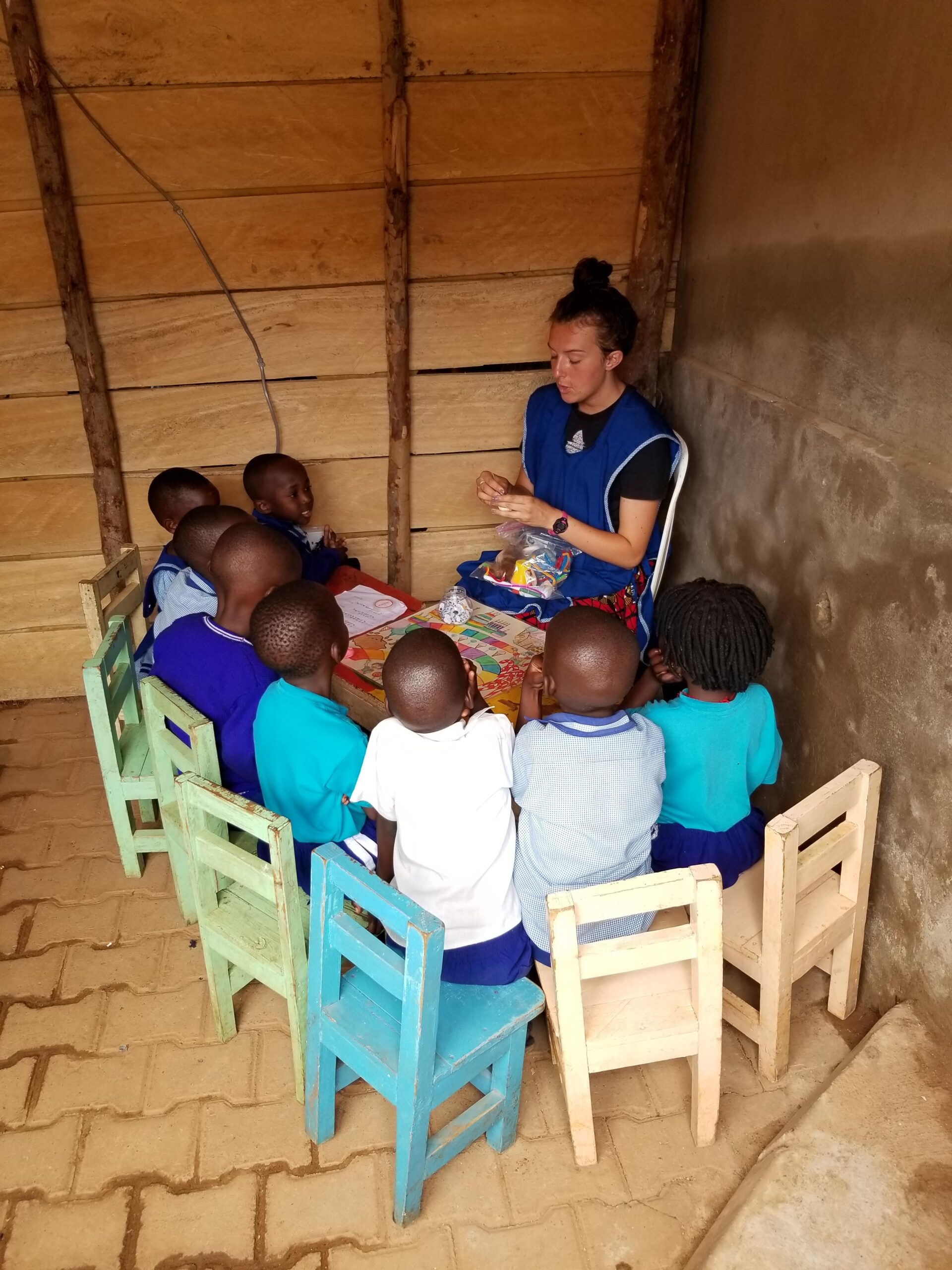
Help Children Learn English
If you want to do a lot of humanitarian projects, Uganda is for you! In this Humanitarian Program, there are many opportunities to do good — however, the main focus of your service here is teaching English to kindergarteners (you’ll spend about a half day on volunteering). No experience is needed: we provide training on our teaching method and keep class sizes small so that you can work more one-on-one with your students.


Build Clean Water Springs (+ Other Ways To Do Good)
Our program in Uganda is really unique because there are so many additional ways outside of the classroom where you can serve. Past volunteers have spent time with abandoned babies in an orphanage, taught hygiene classes in the community, visited a rest home for the elderly, fundraised money for hygiene supplies, and more. We’re especially passionate about building springs
In Uganda, most families do not have water at home, so it’s a common chore (typically for children) to collect water in large jugs each day which is used for everything from cooking and drinking to cleaning. In most cases, their water sources are pools of standing water, like ponds, that are easily contaminated. Drinking this water leads to serious health problems.
We are teaming up with a Ugandan local, Eddie, who has built springs throughout Uganda and Rwanda and educates locals on how to take care of them. Each spring provides natural, clean drinking water that flows 24/7 and can support thousands of families in the area. Each semester, we aim for ILP volunteers to have the opportunity to help build a spring or two like this, hand in hand with the community. Building the springs during your semester often means you’ll get to meet local families who benefit from it — it’s an incredibly rewarding experience. You’ll see the project from start to finish and see the immediate effects of your hard work.

Build Clean Water Springs (+ Other Ways To Do Good)
Our program in Uganda is really unique because there are so many additional ways outside of the classroom where you can serve. Past volunteers have spent time with abandoned babies in an orphanage, taught hygiene classes in the community, visited a rest home for the elderly, fundraised money for hygiene supplies, and more. We’re especially passionate about building springs.
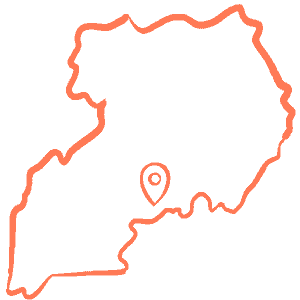
Experiences In + Around Uganda
You have every weekend off plus vacation time throughout the semester, which means plenty of time to see Uganda. Or, head to neighboring countries like Kenya, Rwanda, and Tanzania.
We’re thinking you want to come to Africa for a safari — it’s easily the most famous and one of the most “bucket list worthy” things you can do here. We really do love the safaris, but we cannot wait for you to discover all the “I had no idea that was in Uganda” kind of experiences that don’t immediately come to mind.

